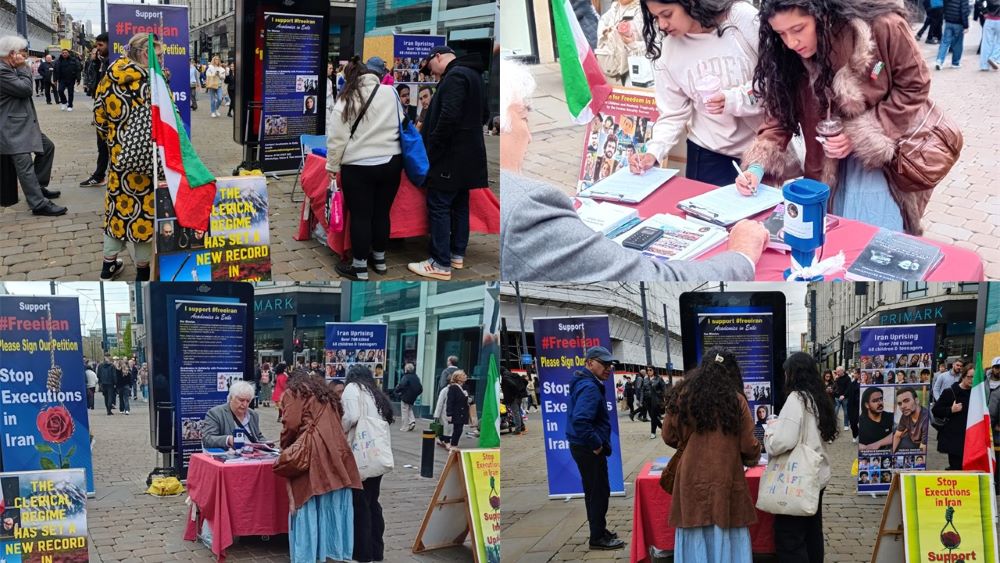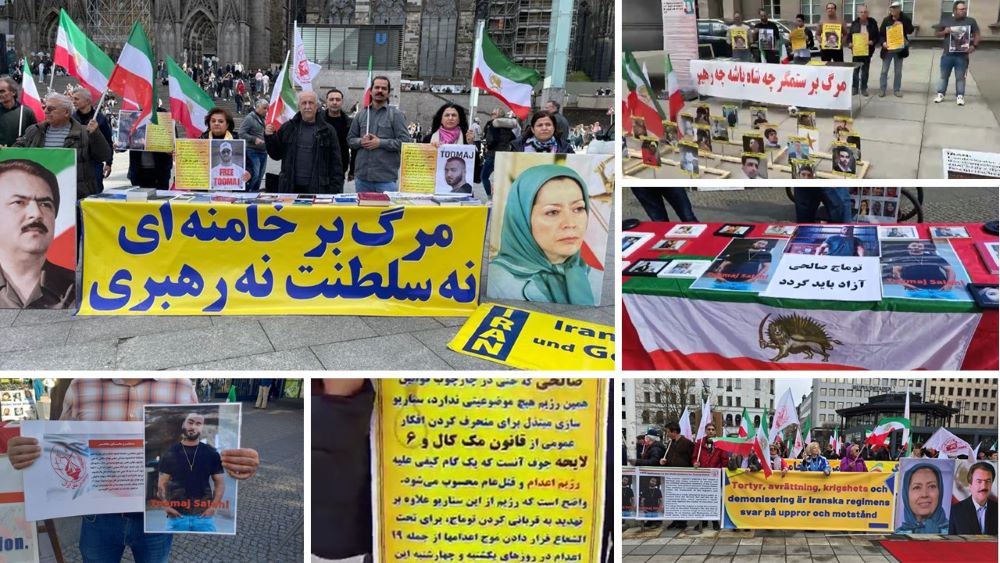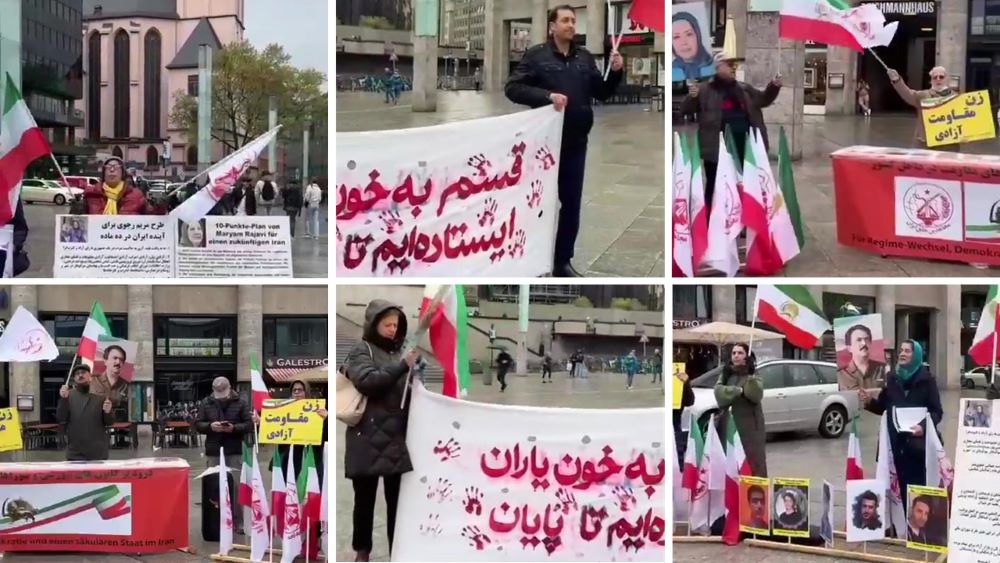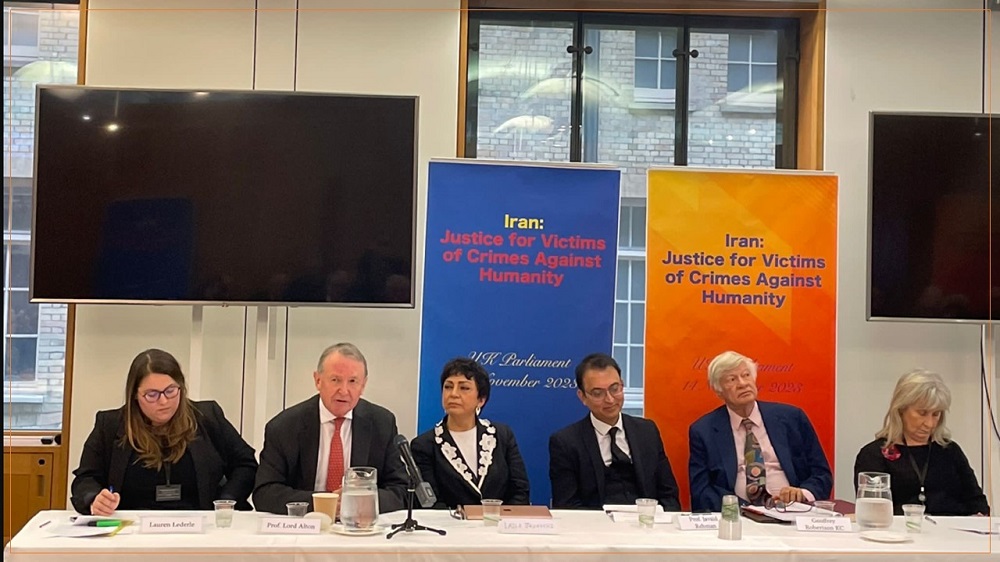
During a parliamentary session that saw the participation of high-ranking representatives from both the House of Commons and the House of Lords, legislators called for accountability from leaders of the Iranian regime. They urged the leaders to face justice for their crimes against humanity. Among the participants in this pivotal session were Professor Javaid Rehman, the UN Special Rapporteur on the Human Rights Situation in Iran, and distinguished legal figures such as Jeffrey Robertson, a Queen’s Counsel in the UK and a former judge of the United Nations.
The discussion involved various stakeholders, including prominent legal experts, UK political figures, eyewitnesses to the 1988 massacre, and representatives of Iranian communities. The conference, organized by the Iranian Women’s Society in the UK and titled “In Search of Justice for the Victims of Crimes Against Humanity in Iran,” tackled this pressing matter.
MP Alex Sobel, who chaired the initial part of the session, welcomed the UN Special Rapporteur’s call and expressed gratitude for his reports to the United Nations, which illuminated the human rights violations committed by the Iranian regime.
In his address, UN Special Rapporteur Javaid Rehman voiced serious concerns about the Iranian regime’s lack of accountability and culture of impunity. He underscored this issue in his recent report to the UN General Assembly, specifically addressing the 1988 massacre. Mr. Rehman highlighted the violation of international law, asserting that accountability for human rights violations is a fundamental obligation for states.
Pointing to the absence of accountability and the prevailing culture of impunity, Mr. Rehman remarked, “It was tragic, but not surprising that the Iranian authorities have completely denied any responsibilities for the tragic events that have taken place in Iran since September of last year, instead blaming the so-called foreign enemies of the country. No steps have been taken to establish the accountability framework in law or policy to allow effective channels for obtaining truth, justice, and prevention of serious human rights violations, including the arbitrary deprivation of life, mass arrest, torture, physical and sexual violence against girls and women.”
“Indeed, recognizing the culture of impunity and the absence of any domestic avenues of accountability, I have strongly advocated the establishment of an independent international fact-finding mission, which was established by the Human Rights Council after its historic resolution on 24 November 2022,” he added.
In his speech, the UN Special Rapporteur criticized the concentration of power in the regime’s Supreme Leader Ali Khamenei under the Vilayet-e-Faqih rule since 1979. He specifically addressed the massacres of 1981 and 1988, expressing concerns about serious crimes under international law.
He stated, “The gravest tragedy in the history of Iran is the enforced disappearances and summary and arbitrary executions of thousands of individuals in 1988. Thousands of these prisoners were extrajudicially executed pursuant to a fatwa issued by the Supreme Leader of Iran and implemented across prisons in the country. There are extreme concerns about the very serious and grave crimes under international law and under international human rights and humanitarian law having been committed at that time.”
In concluding his speech, UN Special Rapporteur Javaid Rehman underscored that Iranian state officials implicated in the political prisoners’ massacre still hold prominent positions in the regime. Specifically pointing to President Ebrahim Raisi, he called on the international community to either hold these perpetrators accountable using universal jurisdiction or establish an international tribunal.
During his address, Geoffrey Robertson, QC, a Human Rights Barrister and the first President of the UN Special Court for Sierra Leone, reported on his investigation into the 1988 massacre in Iran. He praised the efforts of UN Special Rapporteur Javaid Rehman and criticized the lack of insight and integrity of former Special Rapporteur Reynaldo Galindo Pohl, manipulated by the clerical regime during a visit to Iran and Evin prison after the 1988 massacre.
Robertson also discussed the conviction of Hamid Nouri in a Swedish court in 2022 and questioned further actions, including the use of universal jurisdiction for trials, trial in absentia for those still in high positions in Iran, and the need to address what he termed “the worst treatment of prisoners since the death marches in Japan, the Philippines at the end of the war with Japan.”
Baroness Helena Kennedy, Joint Head of the Human Rights Institute of the International Bar Association and a member of the House of Lords, spoke at the conference about her friends imprisoned and executed in the 1988 massacre for promoting democracy in Iran. She emphasized the impunity enjoyed by regime leaders, including Ebrahim Raisi, for crimes against a generation advocating for democracy, calling for action.
Baroness Kennedy stressed the necessity to proscribe the Islamic Revolutionary Guard Corps (IRGC) as a terrorist entity in the UK and expressed support for Iranian women standing up for their rights and equality.
Highlighting the need for concrete actions in response to the discussed atrocities, Baroness Kennedy pointed out the challenge of giving teeth to international law but highlighted recent efforts like targeted sanctions against individuals like Ebrahim Raisi.
Lord David Alton, a member of the House of Lords and a senior member in Parliament’s Human Rights Committee, chaired the second part of the conference. Lord David Alton expressed support for MP Liam Fox’s plea to designate the Islamic Revolutionary Guard Corps (IRGC) as a terrorist organization.
Chaired a conference on justice for Iran’s victims today in @UKParliament with @alexsobel. Speakers included UN@JavaidRehman @HelenaKennedyKC @joannaccherry @LiamFox @JimShannonMP +IranianWomen & Victims of 1988 massacre pic.twitter.com/YP3sx5wvhC
— Lord (David) Alton (@DavidAltonHL) November 14, 2023
Dr. Liam Fox, a former Secretary of State for Defence and International Trade in the United Kingdom, expressed concern about the limited attention given to the Iranian regime’s involvement in recent events in the Middle East. He called for the proscription of the IRGC, alignment with the United States, and raised objections to Iran Air’s activities and the presence of Iranian banks near the Bank of England.
Mr. Fox urged the UK government to take stronger action against Iran, emphasizing the dangers posed not only to those within Iran but also to the broader international community. He called for a decisive response to counter Tehran’s influence and activities.
Jim Shannon, a representative from the Democratic Unionist Party in the UK Parliament, addressed the suppression of women and the people of Iran by the Revolutionary Guards. He called for accountability for all their crimes and expressed concerns that the lack of international accountability could embolden the Iranian authorities to commit further atrocities.
Joanna Cherry, a member of Parliament from the Scottish National Party, and interim Chair of the Human Rights Commission in the UK Parliament, expressed her support for the UN Special Rapporteur. She reassured, “You have my support and that of my colleagues in the Scottish National Party. We need to do more to raise this issue in the House of Commons.” Reflecting on her recent visit to Srebrenica, Cherry highlighted the challenges faced by the UN Special Rapporteur and expressed interest in understanding how members of the British Parliament could support the UN in ensuring access to Iran.
Today I spoke at a meeting in the U.K. parliament about the importance of holding the Iranian authorities accountable for their terrible violations of #WomensRights. #WomenLifeFreedom #MahsaAmini #ArmitaGeravand https://t.co/A6TOTPf1LW
— Joanna Cherry KC (@joannaccherry) November 14, 2023
Mrs. Lauren Lederle, a legal representative acting on behalf of Cherie Blair, the spouse of former UK Prime Minister Tony Blair, conveyed Mrs. Blair’s sentiments in alignment with Lord Alton’s statements during the gathering. While expressing regret for Mrs. Blair’s inability to attend the event, Mrs. Lederle conveyed Mrs. Blair’s solidarity with organizers and all those striving for justice in Iran.
In particular, Mrs. Blair voiced her support for the Special Rapporteur, who tirelessly works to challenge immunity from punishment. Above all, Mrs. Blair sincerely empathized with all victims of human rights violations in Iran and their families.
Mrs. Lederle asserted, “A crucial first step is recognizing that the 1988 massacre and the violations that occur today are gross human rights violations and crimes against humanity. This, in and of itself, is certainly powerful and the right thing to do. I encourage everyone here today to call these actions for what they are. However, that is certainly not enough, and words need to be matched with concrete action.”
Highlighting the call by human rights bodies, including the UN Special Rapporteur, for an independent fact-finding mission, Mrs. Lederle emphasized the influential role of the UK. She urged the country to leverage its powerful voice in holding Iran accountable for the 1988 massacres and current human rights violations.
It was an honour to represent @CherieBlairKC on a panel w/ UNSR @JavaidRehman, @HelenaKennedyKC, Geoffrey Robertson KC, Laila Jazayeri & @DavidAltonHL, discussing the need for #accountability for the 1988 mass executions & enforced disappearances of political prisoners in #Iran pic.twitter.com/xmjF7OtLbO
— Lauren Lederle (@LaurenLederle) November 15, 2023
During the session, Leila Jazayeri, the leader of the Iranian Women’s Association in the UK, acknowledged the substantial presence of parliamentarians from various parties and both houses. She emphasized that their attendance symbolized solidarity with Professor Rehman. Mrs. Jazayeri underscored the importance of ensuring the official recognition of the 1988 massacre by the United Nations and holding the Iranian regime accountable for its crimes, including the egregious atrocity.
Ahmad Ebrahimi, a witness to the 1988 massacre, recounted his experience during the conference, stating that he spent ten years as a political prisoner in Iran and is one of the survivors of the 1988 massacre during which 30,000 political prisoners were executed. He highlighted a recent trial in Stockholm where one of the perpetrators, Hamid Nouri, was convicted. Ebrahimi attended the court session as one of the plaintiffs and emphasized that the trial exposed a heinous crime that the Iranian regime had tried to conceal for over 30 years.
Reza Fallahi, another survivor of the 1988 mass executions, expressed gratitude during the session, acknowledging Javaid Rehman and the esteemed experts for echoing the voices of the victims who were brutally silenced. He emphasized their duty as survivors to be the courageous voice for the prisoners who are no longer among them. Fallahi stressed that their collective mission is to seek justice for the victims of these atrocities against humanity in Iran.
Additionally, Mohsen Zadshir, a witness to the massacre of political prisoners, was also among the attendees at this conference, serving as a powerful testimony of the ongoing efforts to shed light on the crimes committed by the Iranian regime.

